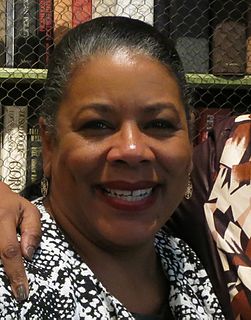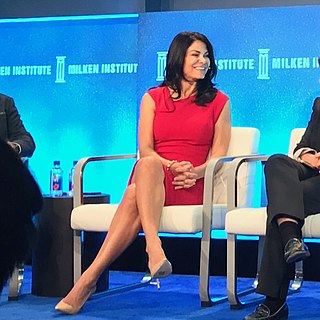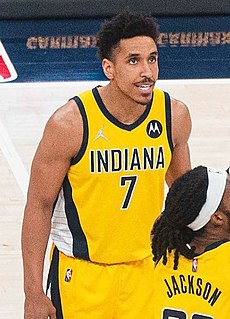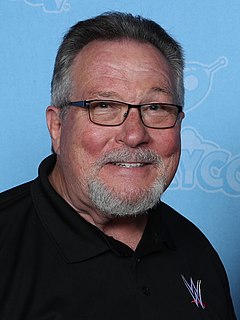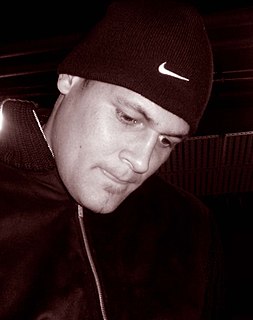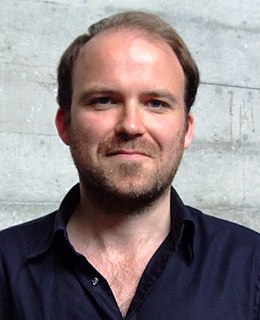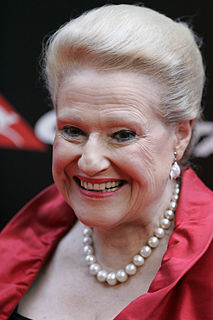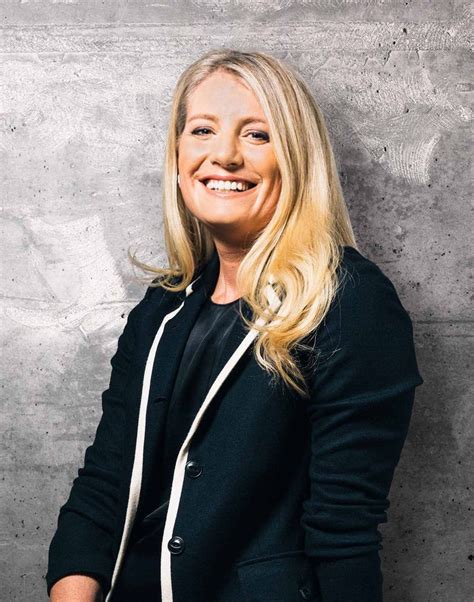A Quote by Laurel J. Richie
Early on in my career, when I was working at an advertising agency, I went to a very senior-level meeting and I distinctly remember the inside of the boardroom: every single seat was occupied by a man. In that moment, I made a private promise to myself that I would do everything in my power to bring more diversity to these rooms where leaders gathered and decisions were made. As my career unfolded and I worked on a wide range of clients and gained experience across lots of different industries, the businesses I enjoyed the most where those that focused on women.
Quote Topics
Across
Advertising
Advertising Agency
Agency
Bring
Businesses
Career
Clients
Decisions
Different
Diversity
Early
Enjoyed
Every
Everything
Experience
Focused
Gained
Industries
Inside
Leaders
Level
Lots
Made
Man
Meeting
Moment
More
Most
Myself
Power
Private
Promise
Range
Remember
Rooms
Seat
Senior
Single
That Moment
Those
Very
Were
Wide
Wide Range
Women
Worked
Working
Would
Related Quotes
It's a bit disappointing when board members who don't know a thing about football are making decisions on your career. When you look at it you've got coaches, senior players and CEO's who wanted me but then it gets to a board meeting and you've got fat businessmen who are making the decision on your career. It was frustrating and it made me a bit angry.
Diversity is not a politically correct idea. Diversity in a boardroom or in a Parliament means that you just have different minds, different life experience, different ways of thinking about patients or customers or voters so that when you bring that intellect, you look at opportunity and risk, and then you have it in much better balance.
My mistakes made were learning how to work with different groups of people. I mean, I went to school at Berkeley, which is a pretty diverse group, but working in a professional setting, I hadn't really done that before and learning about office politics, learning about interactions between different people and I made a lot of mistakes there during my time as a young person. I was 19 or 20 at the time. So, I would say those were my biggest career mistakes, but fortunately they were made in the context of an engineering co-op program and not in a professional field.
I appeared with many leading men. But working with Cary Grant was different from working with other actors. He was much more fun! I think we were a successful team because we enjoyed working together tremendously, and that pleasure must have shown through onto the screen. I will always remember two compliments he made me. He said I had perfect timing in comedy and that I was the sweetest smelling actress he ever worked with.
A career is measured over the course of the years, not moments. Over good decisions, over successes, not moments, failures, missteps, or bad comments. I learned that I needed to take a step back and look at my career not in that one moment that made me feel really bad, but what I had done not even in the past one or two years or last one or two hires, but that that career is built over many, many, many, many successive quarters and years and good decisions - never, ever made in that one moment where you felt really bad.
